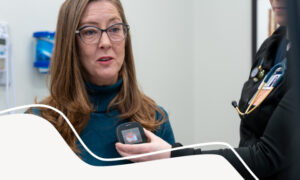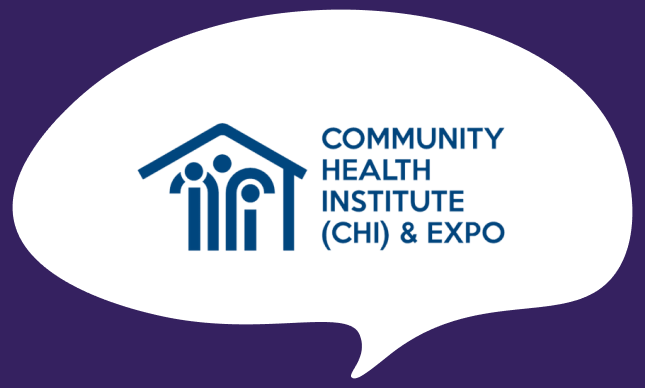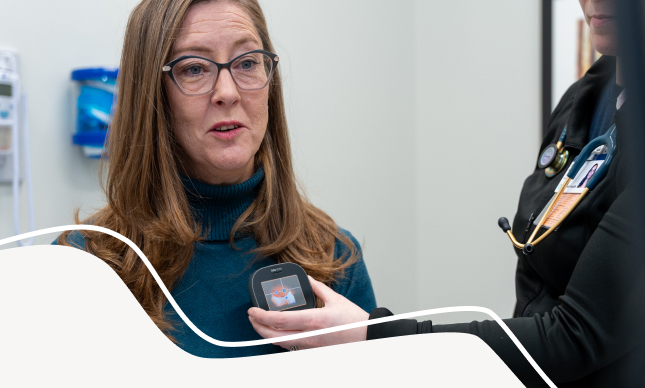Revolutionizing Medicaid healthcare: A successful virtual care case study
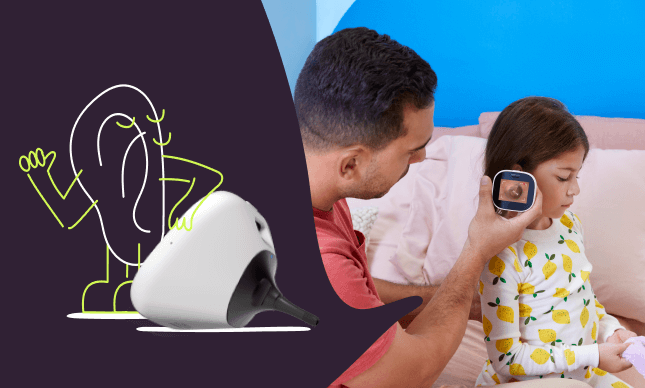
In today’s fast-paced world, healthcare providers must adapt and innovate to meet the unique needs of their patients. One such innovation is virtual care, which has the potential to transform how Medicaid beneficiaries access and engage with healthcare services. In this post, we’ll explore a groundbreaking case study where TytoCare partnered with a leading US health plan to launch a virtual care program for Texas Medicaid families, which resulted in improved access to quality care, enhanced patient experience, and reduced costs.
The challenge: Engaging Medicaid members in virtual healthcare
Traditionally, Medicaid enrollees are less engaged in healthcare than privately insured populations. This lack of engagement often leads to poorer health outcomes and higher costs of care. To address this issue, a leading US health plan sought to launch a virtual care program designed explicitly for Medicaid enrollees, aiming to improve access to quality care, enhance the patient experience, and keep costs down.
The solution: TytoCare’s proven framework for success
TytoCare worked closely with the health plan to design a program that met its key objectives and drew on best practices. Tyto Engagement Labs™, TytoCare’s proven framework based on behavioral science methods and years of successful nationwide deployments, formed the basis of the program design. The engagement plan was tailored to Medicaid enrollees to ensure the highest levels of adoption and utilization.
Key steps in program design included:
- Identifying the core elements for successful implementation
- Selecting the ideal cohort to meet program objectives
- Tailoring the engagement plan to the cohort and program
Exceeding objectives and KPIs with high engagement
The virtual care program for Texas Medicaid families exceeded all program KPIs set by the health plan, indicating strong interest and engagement among the target population.
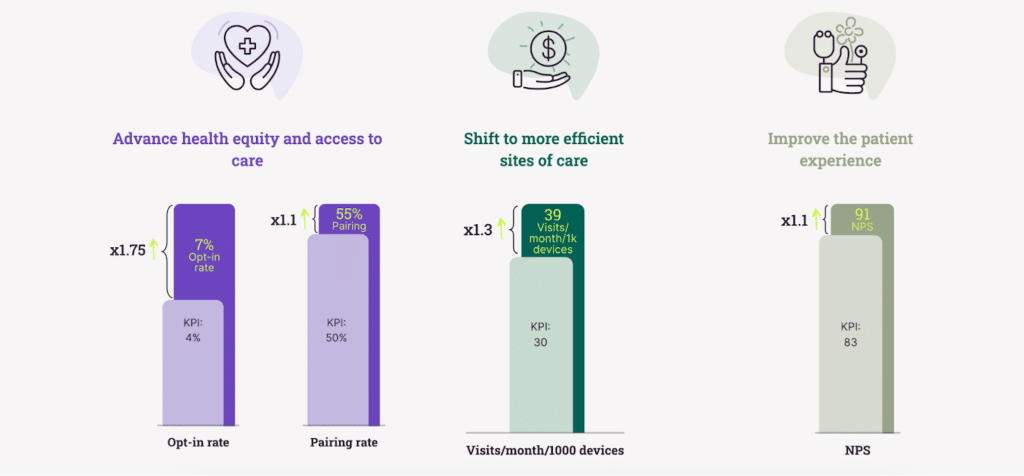
This success demonstrates the potential impact that virtual care can have on advancing health equity for Medicaid beneficiaries.
Key learnings and next steps
The success of this initial program offers valuable insights for maximizing engagement in virtual care, including:
- Identifying the right cohort with a balanced mix of families
- Tailoring the engagement plan, user journey, and messaging to the selected cohort
- Continuously iterating and optimizing the engagement plan based on ongoing program insights
Encouraged by these positive results, the health plan is now expanding the virtual care program to more families and plans to roll out the program to other Medicaid cohorts across the US. The key learnings from the initial program will be applied to these new cohorts, ensuring quicker and more successful implementation.
Conclusion
This case study serves as a powerful example of how virtual care can revolutionize healthcare for Medicaid beneficiaries. By leveraging tailored engagement strategies and innovative technology, TytoCare and its health plan partner have demonstrated that it can improve access to quality care, enhance the patient experience, and reduce costs for this underserved population.
